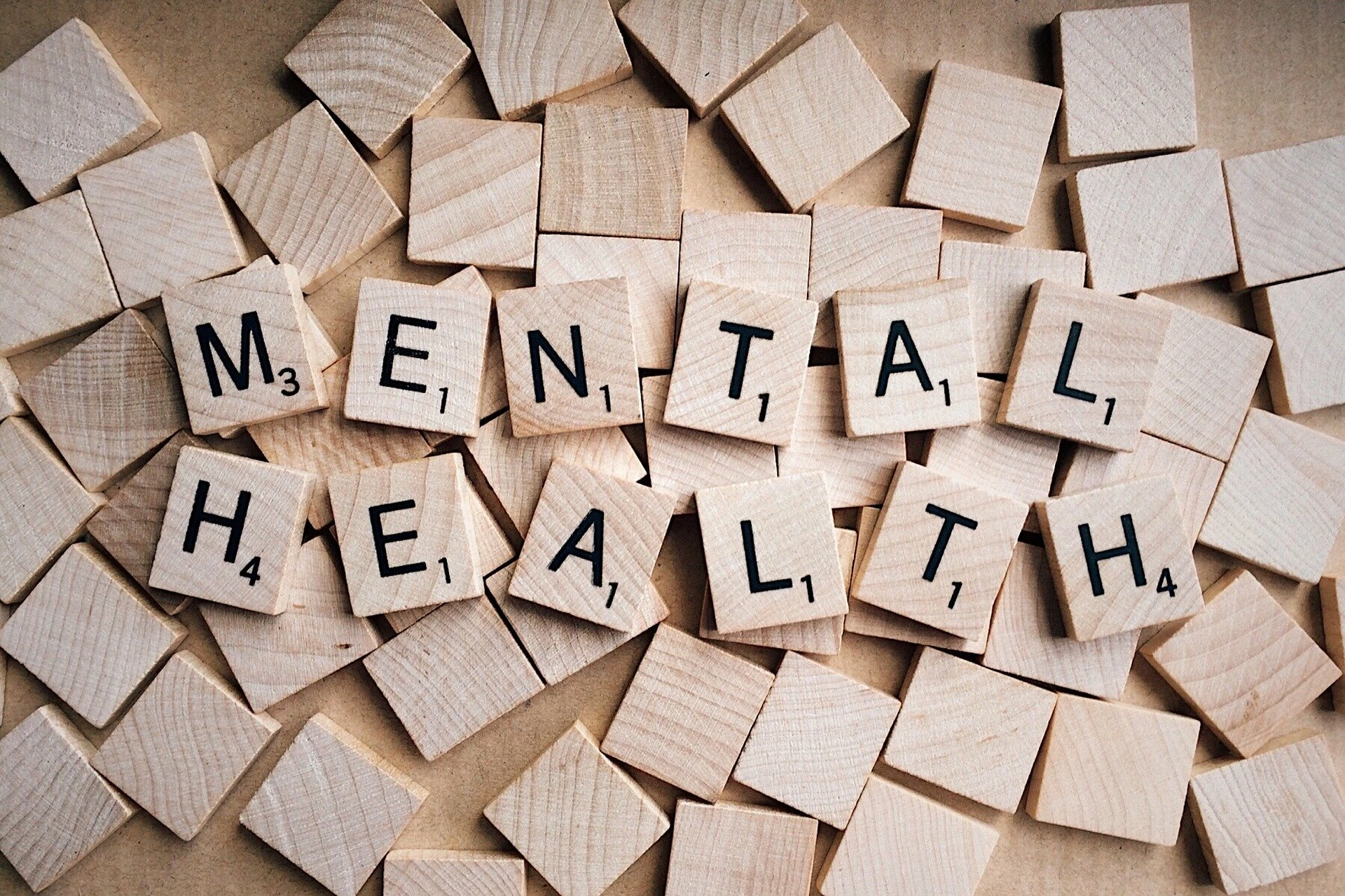
Partner Article
One in four UK adults’ mental health impacted by Covid-19, finds Stanford research
18-30s most affected, while over-65s report lowest impact
One in four UK adults’ mental health has been negatively impacted by Covid-19, and one in three report feelings of loneliness, according to new research from Stanford Graduate School of Business and Cambridge Judge Business School.
The researchers set out to quantify how many people in different demographic groups are suffering from symptoms of poor mental health - such as social dysfunction, loss of confidence and anxiety - as a result of the pandemic.
They discovered that 18- to 30-year-olds have been the most affected age group, with 42 per cent reporting symptoms of poor mental health and 60 per cent feeling lonely. Over-65s reported the lowest incidence of both poor mental health (19 per cent) and feelings of loneliness (4 per cent).
The data also revealed that women are more likely to be affected mentally by the pandemic and to feel lonely (42 per cent) than men (27 per cent). However, factors such as being in employment and living with a partner reduce the incidence of these feelings for both genders.
The research analysed high-quality, nationally representative data from the publicly-available Understanding Society COVID-19 Study, a special wave of the UK Household Longitudinal Study, to assess the impact of the pandemic on 15,530 respondents in the United Kingdom.
Lambert Li, co-researcher and PhD student at Stanford Graduate School of Business, says:
*“The outbreak of COVID-19 has become a global public health crisis, with an increasing number of people affected psychologically, albeit in various forms and to different degrees. The research itself does not suggest interventions, but the timely provision of psychiatric services and online resources to the socially disadvantaged who do not have resources or the habit of seeking professional help.
“Another important demographic is COVID-19 patients and suspected patients, who, especially during the testing process, are likely to need mental health support. These services can actually take an online format to reduce the contagion risks.”*
The researchers recommend that more information on managing mental health is made available by public health authorities.
Senhu Wang, co-researcher and ePhD student at Cambridge Judge Business School, says:
*“The longer-term consequences to the population’s mental health created by uncertainty of the future, concern for relatives, and government-imposed measures such as lockdown need to be considered. Much of the information the public has received during the pandemic has been centred around protecting themselves and others from spreading the physical virus. However, information about other factors which pertain to keeping their mental health in check, such as how to battle feelings of loneliness, and self-care measures which can help with feelings of anxiety - such as getting enough sleep, exercising and eating healthily - should also be part of the conversation.” *
The full paper, Prevalence and predictors of general psychiatric disorders and loneliness during COVID-19 in the United Kingdom, was published in ScienceDirect.
This was posted in Bdaily's Members' News section by Stanford Graduate School of Business .








 Navigating the messy middle of business growth
Navigating the messy middle of business growth
 We must make it easier to hire young people
We must make it easier to hire young people
 Why community-based care is key to NHS' future
Why community-based care is key to NHS' future
 Culture, confidence and creativity in the North East
Culture, confidence and creativity in the North East
 Putting in the groundwork to boost skills
Putting in the groundwork to boost skills
 £100,000 milestone drives forward STEM work
£100,000 milestone drives forward STEM work
 Restoring confidence for the economic road ahead
Restoring confidence for the economic road ahead
 Ready to scale? Buy-and-build offers opportunity
Ready to scale? Buy-and-build offers opportunity
 When will our regional economy grow?
When will our regional economy grow?
 Creating a thriving North East construction sector
Creating a thriving North East construction sector
 Why investors are still backing the North East
Why investors are still backing the North East
 Time to stop risking Britain’s family businesses
Time to stop risking Britain’s family businesses